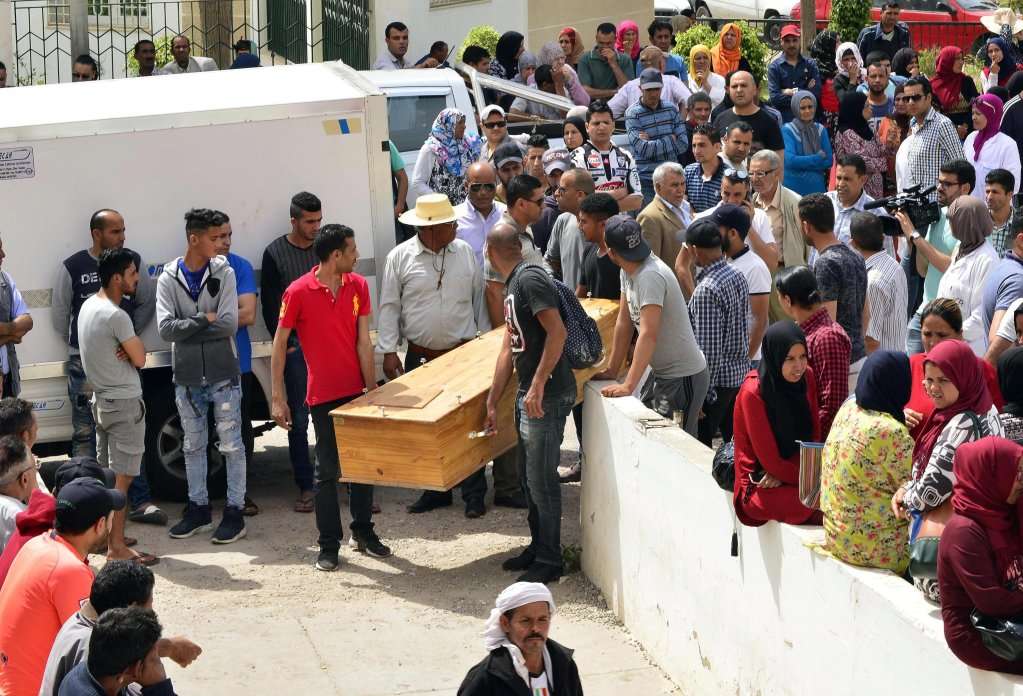Tunisian NGO criticises silence as dozens of migrants wash ashore

A prominent Tunisian rights organization has denounced what it calls a “conspiracy of silence” by national authorities following the discovery of dozens of migrant bodies along Tunisia’s eastern coastline, InfoMigrants reported on June 17th.
Romdhane Ben Amor, spokesperson for the Tunisian Forum for Economic and Social Rights (FTDES), said last week on local radio Express FM that the state had failed to provide a public account of the deaths, which occurred in Sfax and Mahdia.
The migrants, largely from Sub-Saharan Africa, are believed to have died when their boats sank while attempting to cross the Mediterranean.
“This is a true humanitarian emergency,” said Ben Amor. He accused the government of maintaining an unacceptable level of silence around the issue and criticised the lack of official communication on the number of victims.
According to FTDES, the failure to issue clear updates or publish death tolls reflects a broader pattern of negligence. The NGO also raised concerns about the conduct of the Tunisian coast guard, which it claims has employed violent tactics, caused collisions with migrant boats, and failed to organise effective rescue efforts. These interventions, Ben Amor argued, often worsen the danger for migrants rather than provide assistance.
The National Guard recently burnt down makeshift migrant camps, forcing 2,500 undocumented people out of camps in Hanshir Al-Qarqani, in the Al-Amra area, Middle East Monitor reported on April 26th.
FTDES also criticised the authorities for not returning the bodies of deceased migrants to their families. The group noted the lack of a national DNA database as a key obstacle to proper identification.
“The silence risks hiding a systematic violation of human rights,” Ben Amor said, warning that such practices reflect a structural disregard for migrant lives.
The remarks come amid rising scrutiny of Tunisia’s human rights record, particularly since the appointment of Khaled Nouri as Interior Minister in May. Civil society groups in the country have reported increasing restrictions, particularly on NGOs working in the humanitarian and migration sectors.
Ben Amor called on Tunisian authorities to adopt a transparent approach, establish effective sea rescue protocols, improve identification systems for victims, and engage more actively with European humanitarian organizations.
“Without immediate intervention,” Ben Amor warned, “the migration and humanitarian crisis in the Central Mediterranean will only worsen.
InfoMigrants is co-financed by the European Union and is led by three major European media sources: France Médias Monde, the German public broadcaster Deutsche Welle, and the Italian press agency ANSA.
InfoMigrants, Middle East Monitor
Want to chase the pulse of North Africa?
Subscribe to receive our FREE weekly PDF magazine














